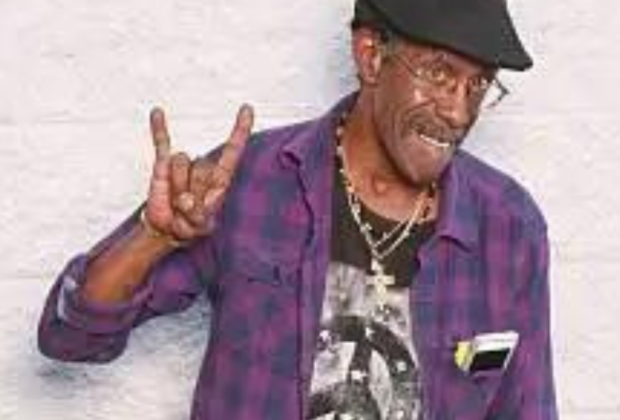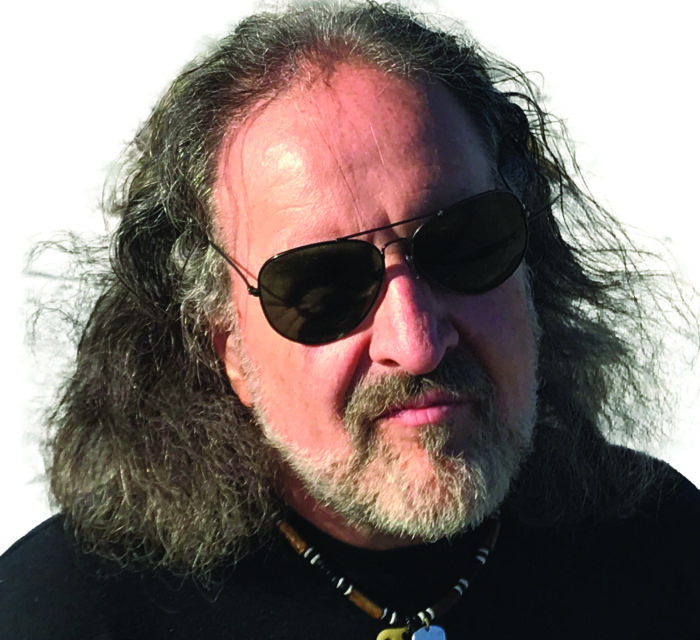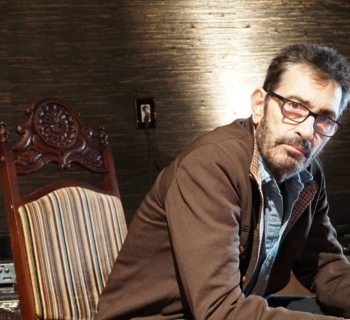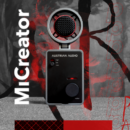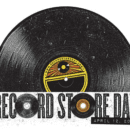Gemi Taylor
Immersive Soul
As a member of Mandrill and Graham Central Station, performing hits like “Is It Love” and “POW” on Soul Train, and as a go-to session guitarist for recordings with Motown, Mercury, Atlantic, Sony, and others, Gemi Taylor knows all about the makings of a great song. Working on projects with everyone from Smokey Robinson, Thelma Houston, The Spinners, Esther Phillips, Junior Walker, playing on the score to 1974’s Foxy Brown, and creating bass lines for Ja Rule’s Pain Is Love, his writing catalog is outmatched only by his incredible career.
Born in New Orleans and moving to South Central Los Angeles at the age of four, he began playing publicly in church (with 1-4-5 chords) at age five. Raised around his father’s musician friends—including Earl Palmer and Allen Toussaint (who he later performed with)—he was also inspired by his guitarist uncle Bobby Wright. “I wanted to be as good a guitar player as my uncle—and travel the world,” he says. Watching The Ed Sullivan Show, Don Kirshner’s Rock Concert, and The Midnight Special, Taylor knew what he wanted, and when he was directed to the band room in high school, he never looked back.
Pianist Nathaniel Morgan Jr. was like Taylor’s big brother in school, playing with Charles Lloyd, Sonny Stitt, etc.—and Willie Hutch (who rose to fame writing “I’ll Be There” for the Jackson 5). Looking for a guitarist to use as a go-to, in-house player to develop his own sound at Motown Records, Hutch asked if Morgan knew a guitar player, and Morgan suggested Taylor. A few years later, wanting a break from the comfort of Motown, Taylor got a call and soon joined Graham Central Station.
“When played right, the respect that you get from people that’s listening—especially the attention you get from the women—it’s amazing,” says Taylor of the guitar. “It’s an amazing instrument, and you never master it. When you think you got it, that’s when you wind up on your ass again. I’m 67 now [and] I’m still learning.”
Missing credit on his first few projects, Taylor is quick to point out that the Musicians’ Union and Motown were all about changing the game and giving artists proper credit. ”You played on it, your name should be on it,” he emphasizes, “but I always got the check, man.” Starting his songwriting soon after joining Hutch, Taylor set up his first home studio in 1977, but says that “You don’t just pop out the room with a pen in your hand. You have to get hurt. Until you experience things, you can’t write about it or make somebody else believe it.”
Taylor also says that the arrangement always comes first. “[Writing] comes out various kinds of ways. I’m building a song from the bottom up—the beat, the drums, how the kickdrum correlates with the bass, the keyboard pads.” Inspired by lyrics, melody, music—and even random conversations—Taylor says he never creates the same way twice, and he suggests that good writing requires flexibility and openness to finish a song. He credits being around the right people. “To be around Stevie Wonder and Smokey Robinson—all these people,” he admits, “Man, that shit brought songs—it’s just an energy.”
His best advice for up-and-coming songwriters is to dream big—and exercise patience. “It's going to take time for you to figure out what you want to do and how to go about doing it,” he says, ”and it's going to take time for other people to understand that. As long as you put it in the universe and stay on your path, you'll get there.”
As for his New Orleans roots, Taylor says, “There is no way to escape music if you live in New Orleans. (…) They’re gonna party when your ass is buried—that’s the custom. (…) There are a lot of great musicians that will never leave—for no kind of money—they love the culture.”
Taylor continues to work on his original music, virtual sessions, and film scoring work from his home studio.
Contact gemi_taylor@sbcglobal.net, instagram.com/taylorgemi

